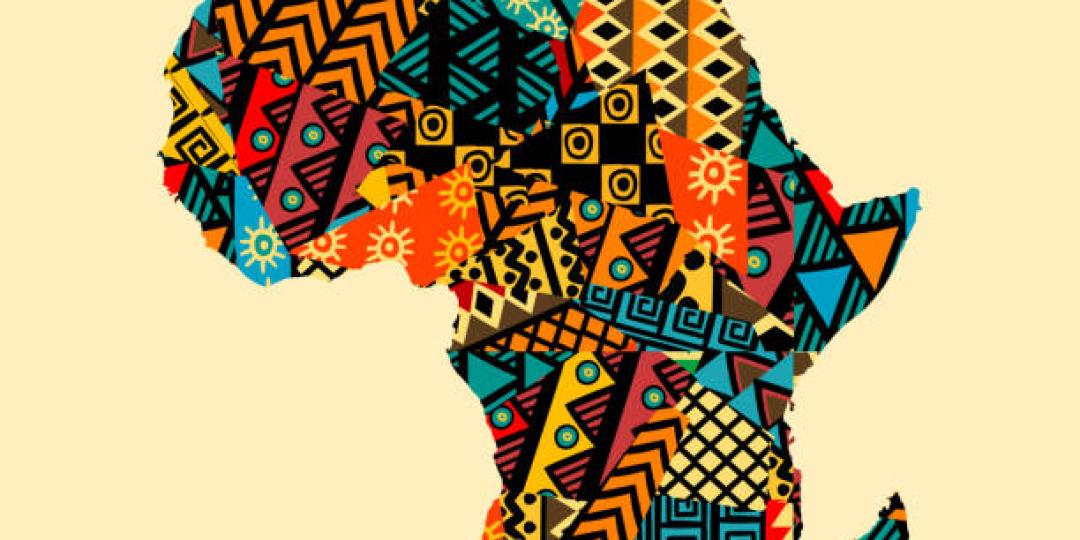Africa’s GDP, hit hard by the COVID-19 pandemic, is expected to grow by 3.4% in 2021, after contracting by 2.1% last year, according to the African Development Bank (ADB) in its African Economic Outlook 2021 report.
“This projected recovery will be underpinned by a resumption of tourism, a rebound in commodity prices and the roll-back of pandemic-induced restrictions,” said Minister of Tourism, Lindiwe Sisulu, in her keynote address at the inaugural Africa’s Travel & Tourism Summit yesterday (September 20).
The three-day Summit – which kicked off on Sunday – aims to revive Africa’s tourism industry after more than a year of dormancy due to the COVID-19 pandemic.
Noting that Africa’s recovery from the pandemic was not going to be easy, Sisulu pointed to some positives from the ADB report, including that tourism-dependent economies were projected to recover from an 11.5% GDP decline in 2020 to grow by 6.2% in 2021.
“This is assuming the pandemic is brought under control and international travel and tourism are allowed,” added Sisulu.
She pointed out that, despite the economic growth prospects outlined above, the continued uncertainty about when the virus would finally be contained would continue to pose a major threat to Africa’s recovery.
“It is therefore important that we continue to pay attention to policy priorities that seek to mitigate the impact of the pandemic but also bolster Africa’s transformation to a more resilient, inclusive and sustainable post-pandemic recovery.”
She said it was critically important for nations to continue to focus on the following priorities, amongst other initiatives, that individual countries were taking:
● Continuing support for the health sector to consolidate gains in the fight against the pandemic.
● Effectively using monetary and fiscal support to underpin the economic recovery where policy space remains available.
● Scaling up active labour market policies to retool the workforce for the future of work.
● Intensifying structural transformation through digitalisation and economic diversification to build resilience, and
● Fostering regional and multinational co-operation to ensure sustained and widespread recovery.
Vaccinations and other health protocols are key
Sisulu echoed many other tourism leaders by highlighting reports that have shown that tourism in countries with a high share of vaccinated people will rebound faster than in countries with a low share.
“The nature of the COVID-19 pandemic is that new variants are bound to develop as a natural evolution of the virus. This is why, while vaccination remains absolutely important, non-pharmaceutical interventions such as maintaining social distancing, keeping masks on and sanitising remain critical.”
Sisulu said international tourism recovery would strongly depend on pandemic trajectories, travel restrictions and vaccine development, pointing out that nearly 76 million vaccinations had been administered throughout Africa.
“South Africa alone has administered over 15 million vaccines and the country seems to show a downward trend in terms of infection rates,” she said.
Sisulu noted that in East Africa, reports showed that low access to vaccines, slow vaccine roll-outs and a potentially high cost of vaccination risk were holding back the recovery of the region’s economies.
“Yet, despite these concerns, the African Union has made great strides to ensure the vaccines are administered securely. The Africa Centres for Disease Control and Prevention (Africa CDC) Consortium for COVID-19 is a knowledge hub that brings together vaccine developers, funders, and African organisations that conduct clinical trials to collate information on the virus and act on their findings.”
The AU also launched the Pan-African bio-surveillance technology called PanaBIOS that can track the spread of the coronavirus and connect testing centres across the continent.























